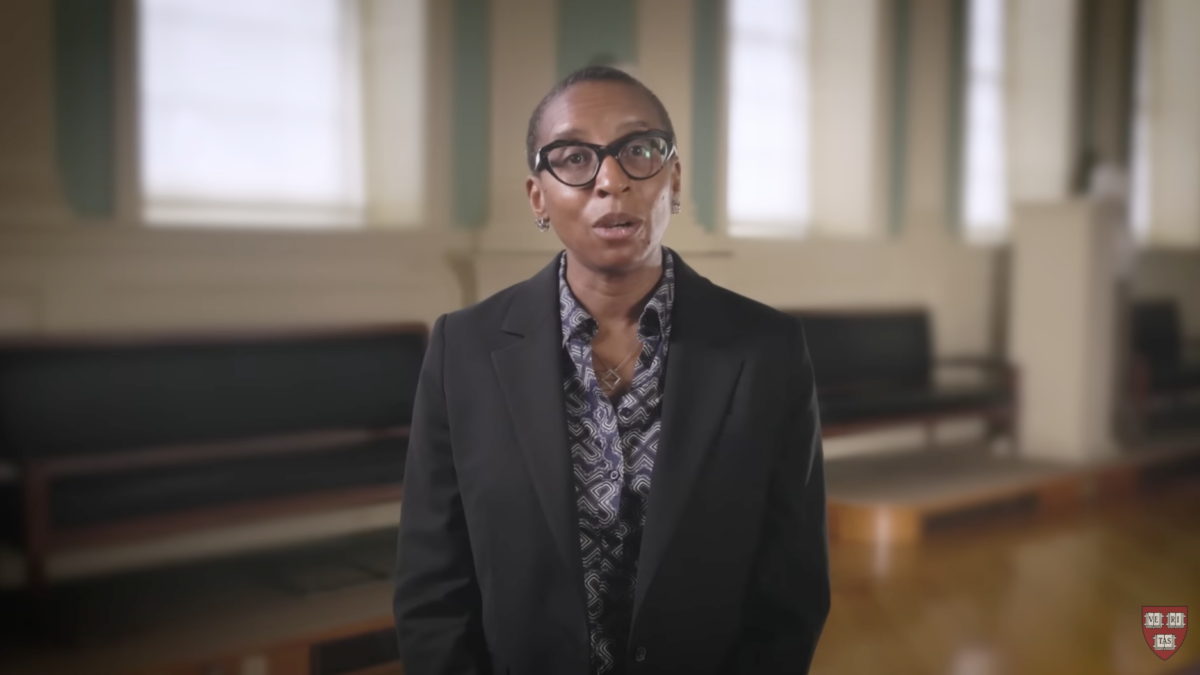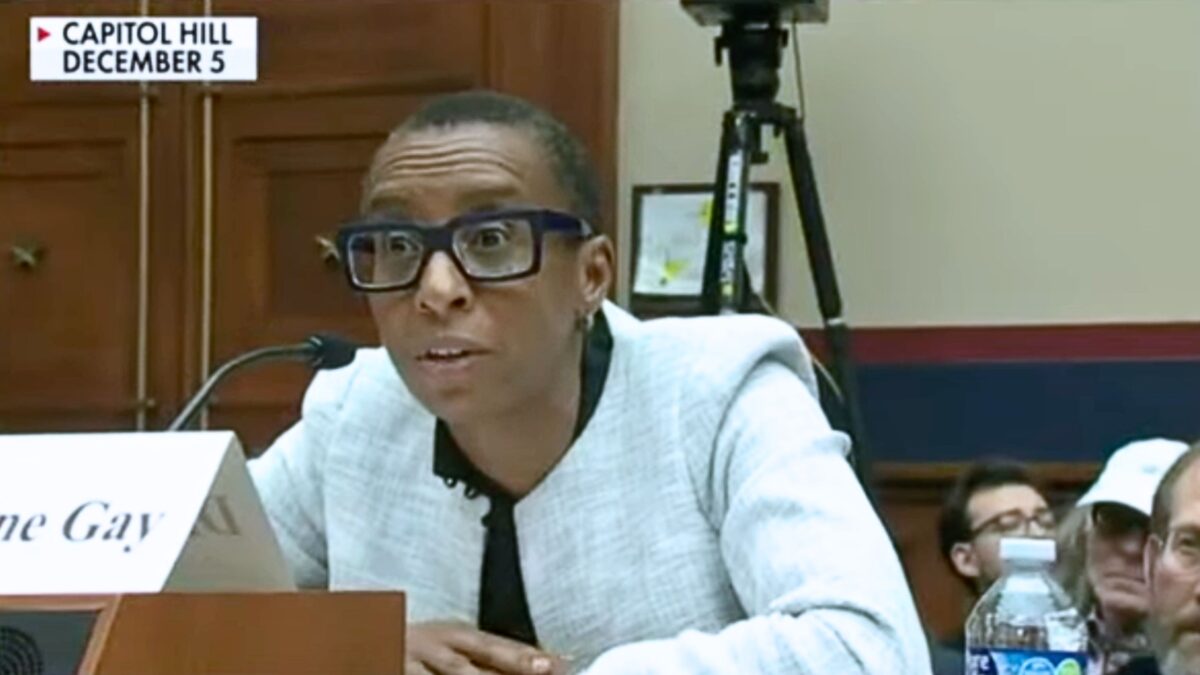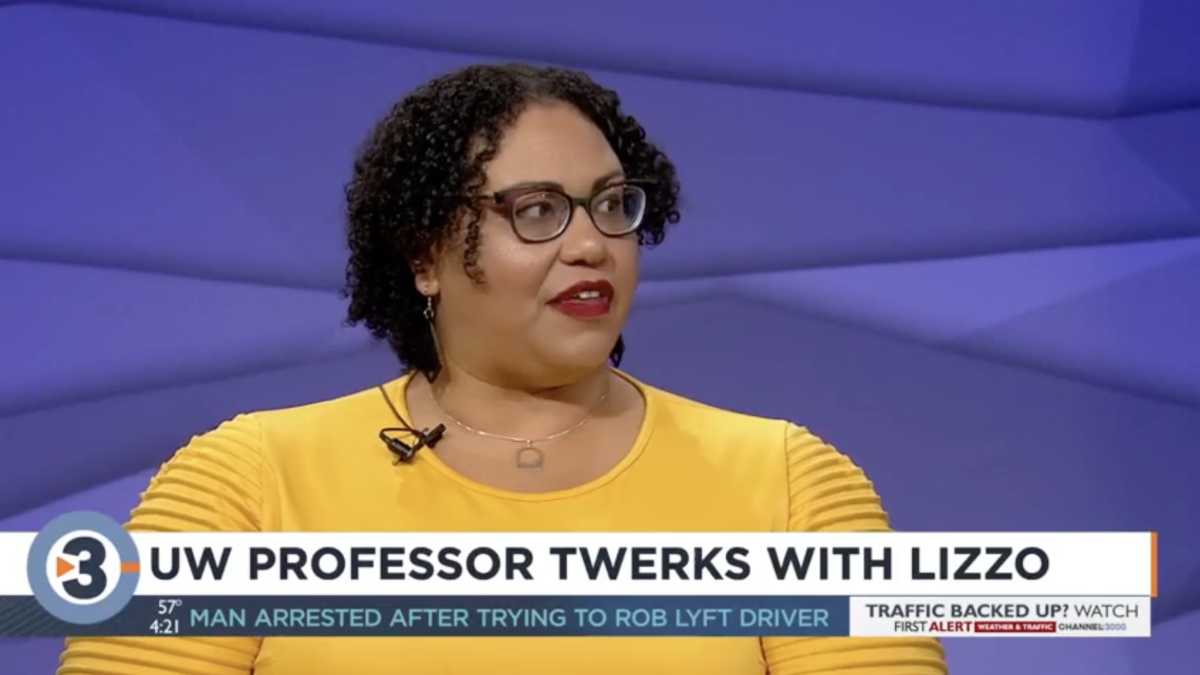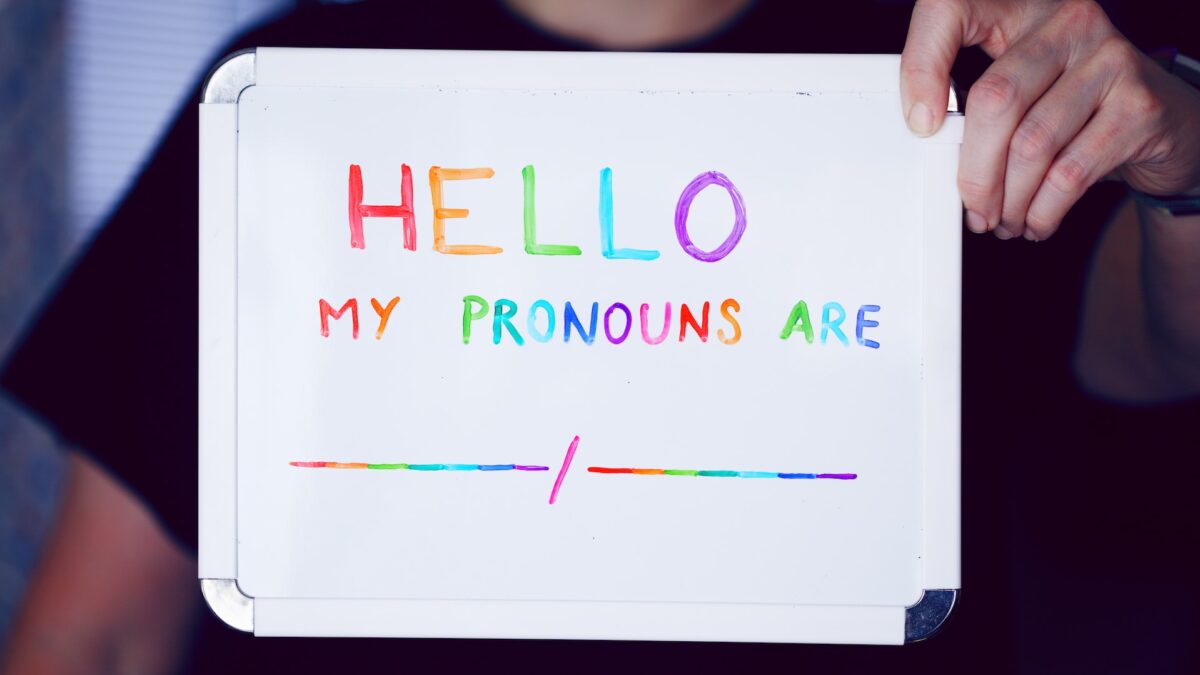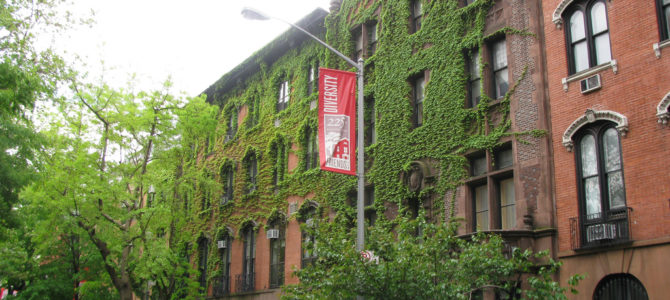
The Brett Kavanaugh debacle is an example of the insanity on college campuses being pushed upward into adult life. The bizarre requirements for how Kavanaugh is supposed to answer the accusations against him are reminiscent of the Kafkaesque proceedings of a campus sexual assault investigation, in which the accused is presumed guilty, allowed no knowledge of what the accusation even is, nor even the ability to cross-examine witnesses, and hearsay is regarded as confirmation.
What could be worse than that? The fact that a lot of this campus totalitarianism is also being pushed downward into the high schools.
Take the case of a teacher at a left-leaning Quaker private school in Manhattan, who was fired for not much of anything at all. I guess being a lefty teacher gets you more benefit of the doubt than being a conservative judge, though, because the New York Times story on this is surprisingly balanced and fact-based.
Ben Frisch opened his Feb. 14 pre-calculus class at Friends Seminary the same way that he opened all his classes over the course of his 34 years at the private Quaker school in Manhattan: with an invitation to his students to share anything that was on their minds, followed by the gentle ringing of a chime and a long moment of silence. He then introduced the day’s lesson, involving the calculating of angles of depression and elevation. Frisch straightened out his right arm to demonstrate. He lowered it down and then raised it up. Glancing at his arm, now fully extended and pointing slightly upward, Frisch realized something: He was inadvertently pantomiming the Nazi salute. Frisch is a practicing Quaker, but his father was Jewish, and two of his great-grandmothers were killed at Auschwitz. Mortified, he searched for some way to defuse the awkwardness of the moment. And then he said it: ‘Heil Hitler!’
A few students gasped; others exchanged surprised looks or laughed nervously. Instantly aware that his stab at Mel Brooks-style parody hadn’t landed, Frisch lowered his arm and tried to explain himself, telling his students that it used to be common to make fun of Nazis. Only recently, he said, had such jokes become taboo. He resumed the lesson, and the weird moment seemed to be over.
Please don’t let any of these kids see The Producers, which is basically one giant Nazi joke told by a bunch of Jews.
You can guess what happened next. A few students ratted out Frisch to the school’s “director of diversity and inclusion,” parents complained, the school’s principal panicked, and Frisch was fired. The New York Times sums it up: “The concepts of ‘safe spaces’ and ‘trigger warnings,’ hotly debated on college campuses for years, are now reaching high schools, too.”
The most inadvertently amusing response is this one. “‘Everybody knew this guy was off—weird behavior, quirky,’ said one parent who, fearing retribution against her child, insisted on anonymity. ‘Maybe in the ’70s that would have been OK, but not when you’re paying $45,000 a year in tuition.'”
It’s the reference to the 1970s that gets me. Since the 1970s, the old hippies have been obsessively re-fighting the battles of the “counterculture,” treating us to one movie after another in which the hero is the weird, quirky anti-establishment guy, often a teacher, fighting against the restrictions imposed by uptight, wealthy authority figures who are obsessed with money and respectability.
Now I guess they’re going to have to re-shoot Dead Poets Society, because the cultural left has stepped into the role they used to assign to the villains, and anyone who wants to be today’s counterculture has to fight against them. The interesting thing is that this is already what’s happening, to some extent. The most hopeful part of this story is the way students at Friends Seminary rallied around Frisch.
Word of the firing spread quickly over spring break, and when classes resumed in late March the school erupted in protest. Students were angry that they had no voice in the process and that the school had not shared with them any details of the other ‘equally troubling incidents’ that informed its decision. They staged a sit-in that spilled out of Lauder’s office and into the hallway outside and walked out of meetings for worship carrying protest signs: ‘Free Ben Frisch,’ ‘Make Friends Quaker Again,’ ‘Bo Chi Minh.’ Students wore ‘Bring Back Ben’ buttons around campus and reflected on the case in classroom essays, applying the teachings of Mahatma Gandhi to Frisch’s situation and comparing the fight on his behalf to the Dakota Pipeline protest at Standing Rock. In a commencement address, the senior Benjamin Levine offered a thinly veiled critique of the administration: ‘It’s so much easier and simpler to decide someone is racist or ignorant or naïve—or anti-Semitic—than to engage in the messy work of trying to communicate and understand when conflicts arise.’
Let’s see if you also recognize this: the two editors of the school’s student newspaper were fired by administrators when they produced an edition that was unfriendly to the school’s decision.
The nature of this student rebellion indicates the narrowness of the ideological and political sources that these kids have been offered to defend themselves. Are Gandhi and pipeline protests all they can think of? Do they not know anything else about the long and varied history of resistance to oppression?
But they are still young and capable of broadening their horizons, and it strikes me that there is a huge opportunity here for those who want to provide serious intellectual ammunition for a new counterculture—something beyond the shallow memes and crude oppositionalism of the alt-right and the Trump era.
A whole new generation of kids are going to be growing up under the thumb of oppressive, closed-minded authority figures, and they are going to be waiting for something worth rebelling for. They are going to need big new ideas about reason, individualism, and liberty.


